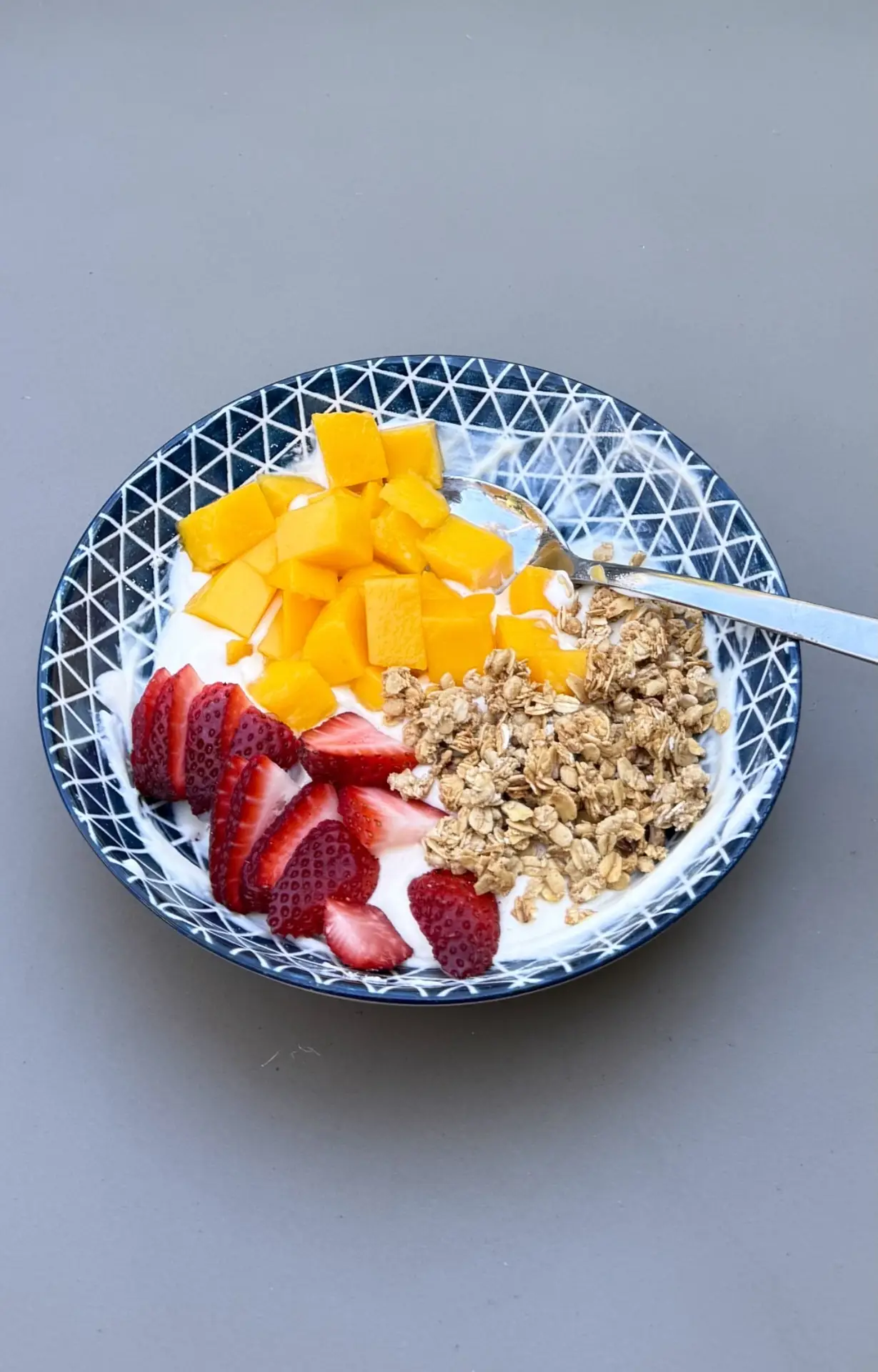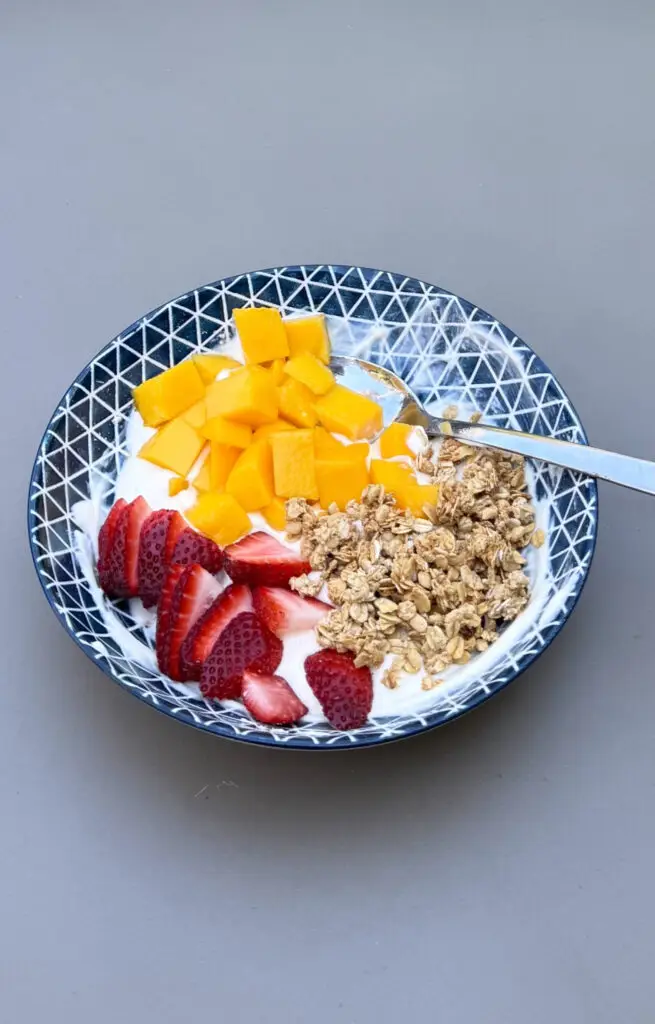By Will Duru, BSc (Hons) Sport and Exercise Science – Award-Winning Personal Trainer with 10+ years of experience coaching women and men to be strong and powerful in the heart of London.
Many women I coach in London ask me, “Should I eat carbs if I want to get lean and strong?” The short answer is yes – if you lift weights, carbs are your friend. While building muscle is primarily driven by protein, carbs play a vital supporting role by giving your muscles the energy to perform. In simple terms, carbs fuel your workouts. They help you lift heavier, do more reps, and recover better. Avoiding carbs completely can backfire: without enough carbs, your body may feel sluggish and even start burning protein (or muscle tissue) for energy – not what we want! Let’s break down why carbs are important and how much you might need, whether your goal is bulking up or leaning out.

Why Carbs Are Important for Female Lifters
Core idea
Carbs are important for lifters.
Adjust them to fit your goal.
Primary fuel source
Carbs are your best fuel for hard training.
You store them as glycogen in muscle and liver.
Glycogen powers heavy sets and hard sessions.
Low glycogen means fewer reps and less weight.
Less work means a weaker muscle growth signal.
Very low carb intake can impair strength and reduce training volume.
Protein saver
Carbs spare protein.
If carbs are too low, your body may use protein for energy.
That can include your muscle tissue.
Enough carbs let protein repair and build muscle.
Better recovery
Carbs refill glycogen after training.
You feel less fatigue and recover faster.
Longer or tougher sessions use more glycogen.
Post-workout carbs like banana, oats, or rice help rebuild stores.
Hormones and performance
Enough carbs support stable energy and healthy hormones.
Very low carb intake can affect mood, energy, or cycles in some women.
Adequate carbs help you feel strong in the gym.
As you gain strength, muscles can store more glycogen.
You may need more carbs over time to keep performance high.
Bottom line
Carbs are not the enemy.
For female lifters, they fuel training and protect muscle.
Now, let’s get specific about how many carbs you might need for two common goals: building muscle vs. losing body fat.
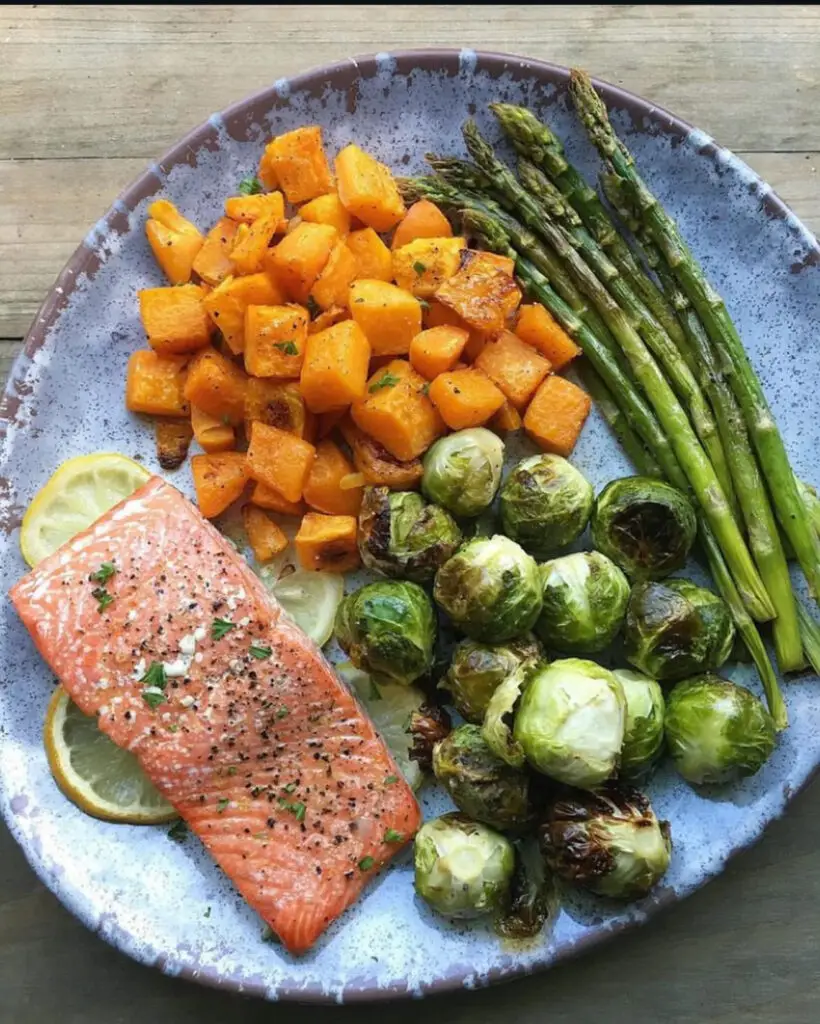
Carbs for Muscle Building (Example: 60 kg Female)
Your goal
Build muscle and gain strength.
Eat in a calorie surplus and train hard.
Carbs should be a big part of your diet, with plenty of protein.
General carb target for bulking
4–7 g carbs per kg body weight per day when training for strength and hypertrophy.
Lifting with higher volume uses lots of glycogen, similar to endurance work.
Many bodybuilders and powerlifters sit in this range in practice.
Example calculation
60 kg lifter → 240–420 g carbs/day at 4–7 g/kg.
A registered dietitian suggests 5–7 g/kg for ~1 hour daily training to build muscle.
At 60 kg → ~300–420 g carbs/day.
This helps keep glycogen full so you can train hard and grow.
It also spares protein from being used for energy.
Quality of carbs
Pick nutritious, complex carbs with vitamins and fiber.
Oats, brown rice, whole-grain bread, sweet potatoes, fruits, legumes.
Simple sugars are fine sometimes, but most carbs should come from whole foods.
Do not forget protein and training
Keep lifting with progressive overload. Add weight or reps over time.
Protein target: 1.6–2.4 g/kg/day, up to ~2.7–3.4 g/kg for experienced or very lean lifters.
60 kg → ~96–144 g protein/day (up to ~180 g if advanced).
Protein plus ample carbs plus consistent strength training is the winning combo.
Easy way to think about it
Protein supplies the bricks (amino acids).
Carbs supply the energy (the workers) to put those bricks together.
You need both for the best results.
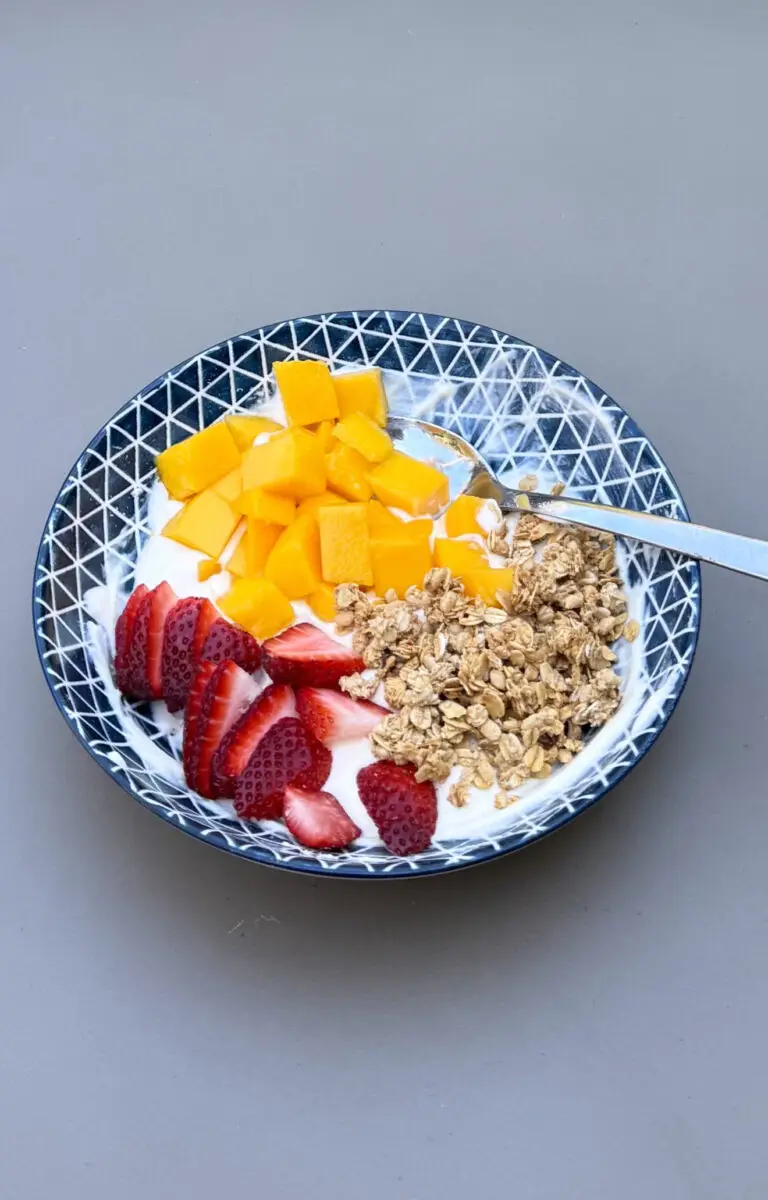
Carbs for Fat Loss (Example: 75 kg Female)
Your goal
Lose body fat.
Keep muscle and strength.
You will be in a calorie deficit.
Carbs on a cut
You will likely eat fewer carbs than in a bulk.
Do not cut carbs too hard.
You still need energy to train and keep muscle.
Don’t eliminate carbs
You still need carbs when losing weight.
Zero-carb or ultra-low carb can backfire for active people.
Very low carbs can cause fatigue, weak sessions, and risk muscle loss.
Stay above ~100–130 g carbs per day for basic function.
Many do well at ~100–150 g per day when trying to lose weight.
Below 100 g can bring low energy, poor focus, and irritability.
Lifters often see strength drop when carbs go too low.
Example for a 75 kg woman
Start at 2–3 g carbs per kg: 150–225 g carbs/day.
If you aim for ~1500–1700 kcal, keep protein high: ~2 g/kg = 150 g protein (~600 kcal).
Fats at 20–30% of calories.
The rest goes to carbs: ~600–800 kcal = ~150–200 g carbs/day.
This fuels training and daily activity while still in a deficit.
Carbs and workout performance
Do not slash carbs so much that sessions suffer.
Active people with more muscle can handle and need more carbs.
Cut carbs too far and you get fewer reps and miss usual weights.
Poor training means weaker muscle signal during a cut.
Keep a moderate carb intake and time some around workouts.
Diet on as many carbs as you can while still losing weight.
Quality and timing
Make every carb count when calories are lower.
Choose high-fibre, nutrient-dense carbs.
Vegetables, berries, whole grains, legumes.
Swap refined carbs for complex options like quinoa and veg.
Spread carbs through the day (about 40–50 g per meal).
Have a good portion 1–2 hours pre-workout and again after to support performance and recovery.
Protein on a cut
Keep protein higher to protect muscle.
Aim for the high end: 1.6–2.4 g/kg, even ~2.5 g/kg when calories are low.
For 75 kg, target ~150–180 g protein/day.
The winning trio: high protein, moderate carbs, strength training.
Burn fat. Keep strength. Keep muscle.
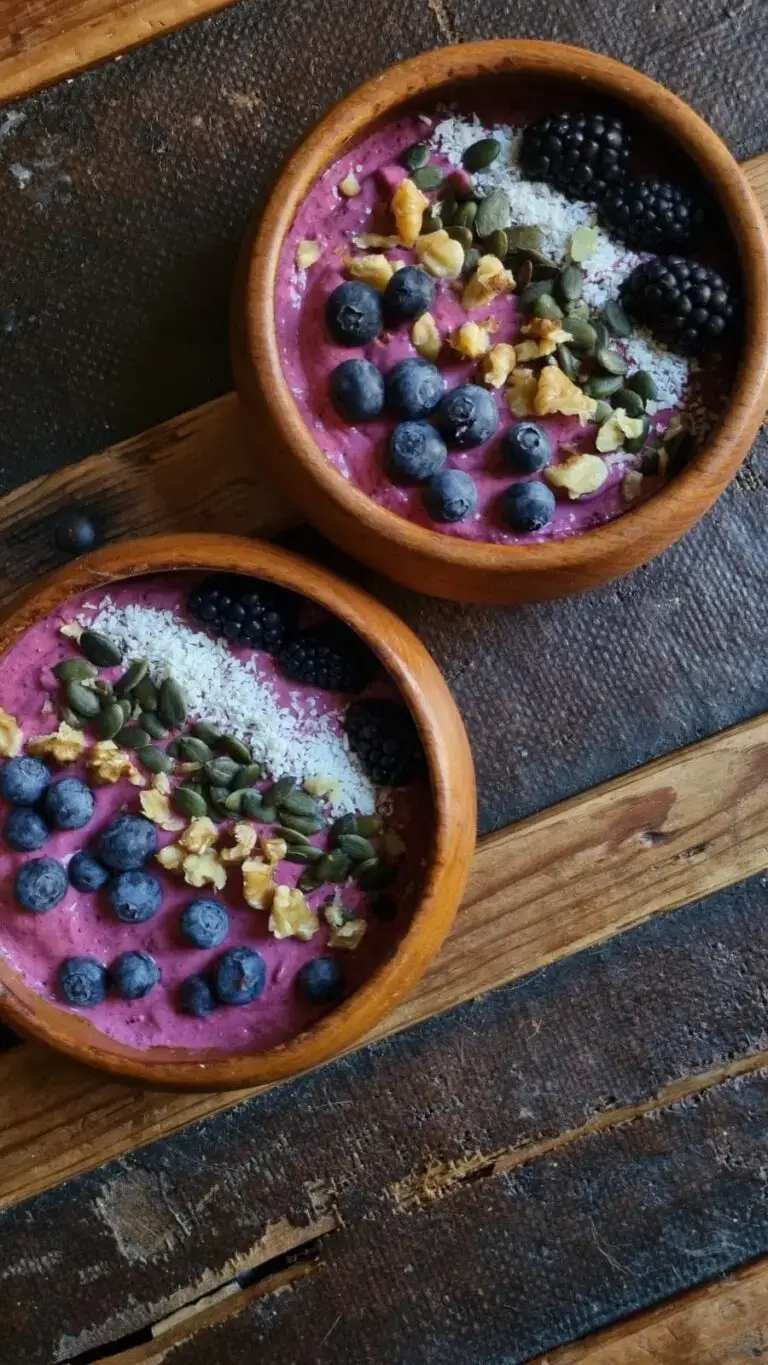
The Bottom Line: Balance Carbs to Your Goals (and Don’t Fear Them)
Core idea
Carbs are crucial whether you build muscle or shed fat.
Adjust the amount to fit your goal.
Building muscle
Eat plentiful carbs to fuel tough workouts and support growth.
On the order of hundreds of grams per day (e.g. ~300–400 g for many women).
About 50–60% of a muscle-building diet.
Losing fat
Moderate carbs but don’t cut them out.
Hundreds of grams per day (e.g. ~150–200 g) can be appropriate.
Around 30–40% of your intake, depending on protein and fat.
Keeps you energised and strong in a calorie deficit.
Consistency
Hit your target carbs and total calories every day.
Pair this with a well-designed strength program.
Training
Follow a progressive strength plan.
Focus on compound moves: squats, deadlifts, presses, rows.
Gradually increase the challenge.
Log your workouts to track progress.
Use a tracker
The 12Reps app is a powerful tool for lifters.
Follow expert-designed strength programs.
Record sets and reps.
Get a personalised free trial to test it out.
Stay accountable and see your improvements.
In conclusion
Carbs are not the villain, especially for female lifters.
They are muscle fuel.
Eat the right amount for your body and goals.
Combine with adequate protein and consistent strength training.
You’ll be on track to become a stronger, more powerful you.
Enjoy your oats, rice, and potatoes without guilt. They help you get fitter.
Your muscles (and your future self) will thank you for it.
References:
- Pasquariello, M. & Stephens, A. (2023). Do You Need Carbs to Build Muscle? – Peloton Blog . (Expert commentary on the role of carbohydrates in muscle building.)
- Henselmans, M. et al. (2022). The Effect of Carbohydrate Intake on Strength and Resistance Training Performance: A Systematic Review. Nutrients, 14(5): 945 . (Scientific review of how carbohydrate intake affects strength training performance.)
- Pratt, A. (2022). How Many Carbs Do You Need to Lose Weight? – Cleveland Clinic Health Essentials . (Guidance from a registered dietitian on carb intake for weight loss, emphasizing needs of active individuals.)
- Ormsbee, M. et al. (2017). International Society of Sports Nutrition Position Stand: Diets and Body Composition.JISSN, 14:16 (via Garage Gym Reviews summary) . (Evidence-based recommendations for macronutrient intake, highlighting optimal protein intake for athletes.)

